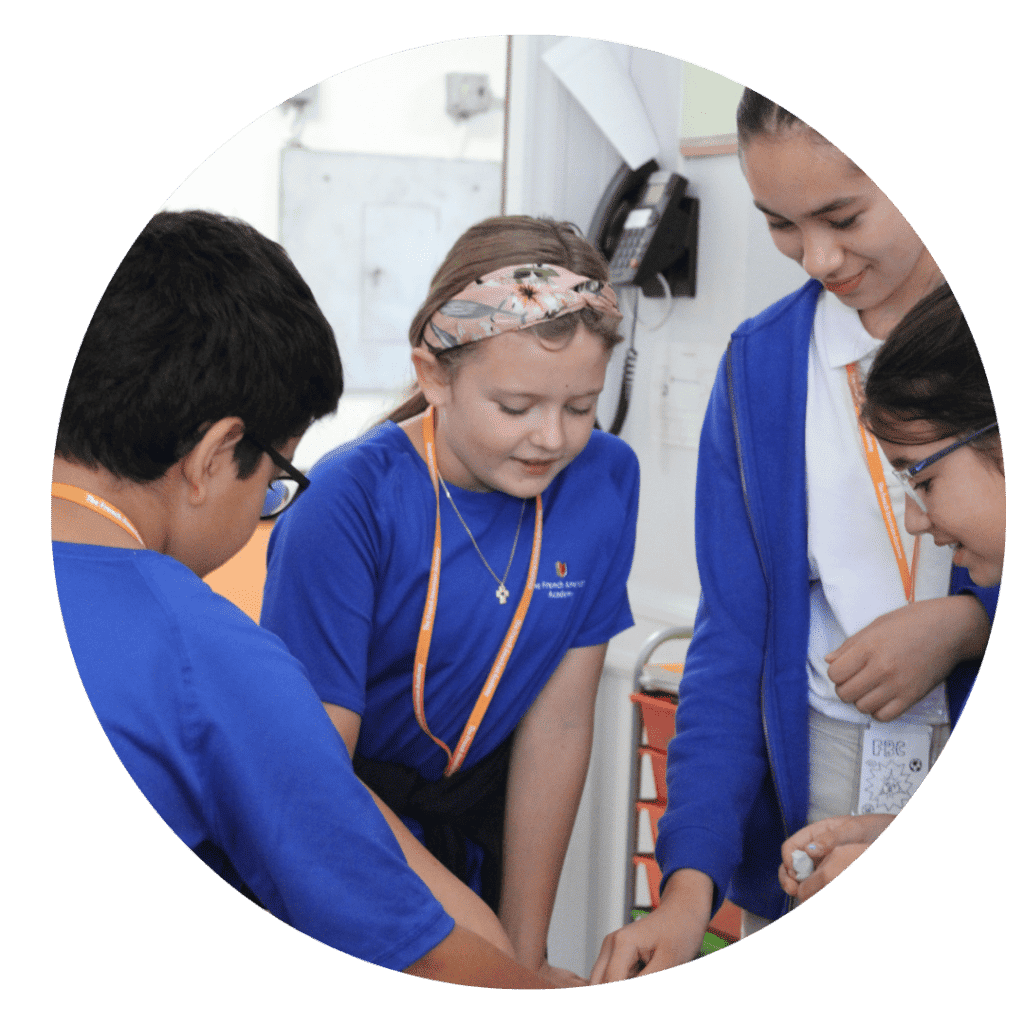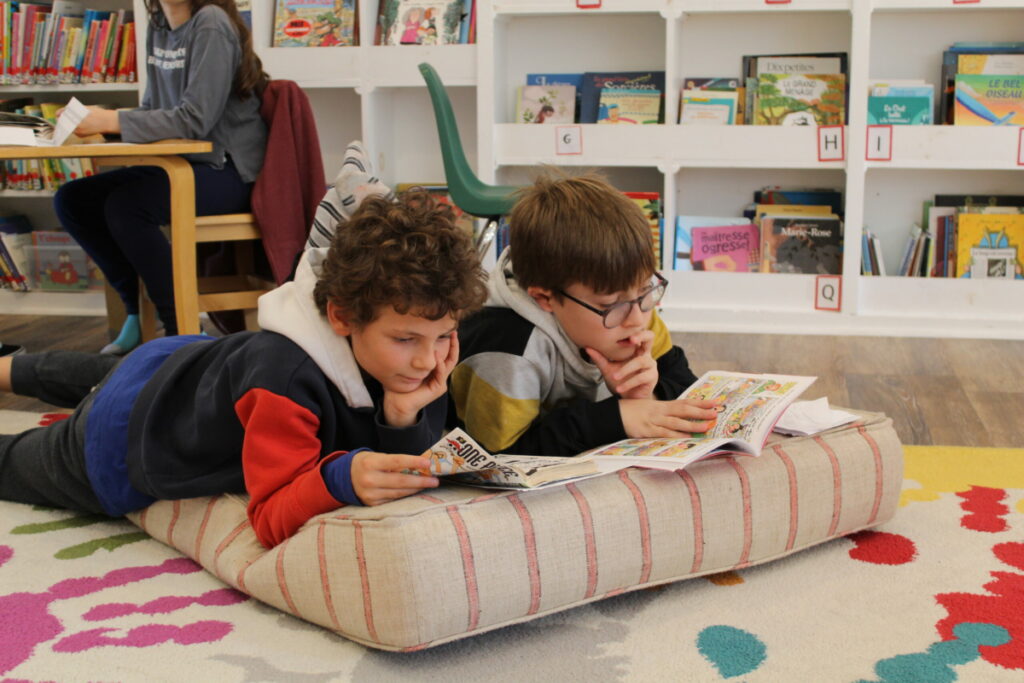“I can do it myself!”
As parents and teachers, we all recognize and celebrate the look of pride when a child confidently declares, “I did it myself!”. Instilling and nurturing a sense of independence in young children is one of the best ways to ensure a successful transition into preschool and from there into elementary school.
In preschool and kindergarten, each activity and lesson is structured around helping children become more autonomous. Teachers work on physical, emotional, social, and academic autonomy:
- Physical autonomy in young children comprises fine and gross motor skills, balance and posture, and stamina.
- Emotional autonomy develops as children learn to recognize, label, and contextualize their emotions, learn strategies to manage them, and develop resilience and a sense of self-worth.
- Children learn social autonomy through free play, as well as by playing cooperative games, engaging in structured conversations, learning to express and defend their opinions, and becoming able to recognize and respect others’ viewpoints, which may be different from their own.
- Finally, we foster academic autonomy by encouraging problem solving and discovery throughout preschool, as well as introducing and reinforcing academic concepts such as numbers, letters, and sounds.
6 Tips for Fostering Independence and Autonomy in Children
An autonomous child is more confident, creative, curious, and resilient. They are willing to learn by taking risks and making mistakes, and can contemplate their experiences in order to grow. They may experience failure or defeat, but after reflection they can tackle their challenges once again. However, autonomy doesn’t just come naturally to most children, and it doesn’t grow only in classrooms. Here are some steps that parents can take to foster independence, establish a sense of empowerment, and better prepare students for the challenges they will face throughout their entire lives.
1. Encourage independent decision-making and problem solving
Giving children opportunities to make their own decisions and solve their own problems can help foster their sense of autonomy. Even small decisions, like what to wear or what book to read, provide a sense of control and empowerment for young children. As children learn to solve problems on their own, they will develop a sense of independence and self-reliance. Parents can foster problem-solving skills by encouraging children to think creatively and critically about challenges they encounter. Help children brainstorm possible solutions and encourage them to try different approaches until they find one that works.
Likewise, allow your children to witness you working to solve problems, make decisions, and accept the consequences of your actions. By normalizing our mistakes, we can all learn from them!
2. Allow for natural consequences
When children are allowed to experience the natural consequences of their actions and choices, they are more likely to develop a sense of self-awareness and understanding of their mistakes. For example, if a child leaves their toys outside instead of cleaning them up when asked, the toys may be ruined by the weather. This natural consequence is disappointing, but it’s a lesson to remind children to be more responsible in the future.
3. Provide opportunities for responsibility
Children who feel a sense of responsibility for their own lives are more likely to develop a sense of autonomy. Parents can provide opportunities for responsibility by assigning age-appropriate tasks, like setting the table or feeding the pet. This can also be applied to daily tasks, such as morning and evening routines. A visual checklist can help a child stay on track. As children learn to complete these tasks on their own, they will feel a sense of pride and accomplishment.
4. Build stamina and encourage resilience
Increased mobility is a major part of childhood development, and encouraging it helps build children’s autonomy. Teach your child to safely use a scooter or bicycle, or even just to walk and run further distances on their own without needing to be carried or pushed in a stroller. This process may result in temporary fatigue, and maybe some bruises and scrapes, but these are teaching moments in which stamina (“I can do hard things!”) and resilience (“Get back up and try again!”) can be modeled and encouraged.
5. Encourage empathy and a community mindset
Work with your child to develop empathy and compassion for others, and foster a sense of respect and pride in the community. You can do this through books and other media, taking advantage of opportunities to volunteer together, or donating and recycling old clothes, books, and toys. Children are able to quickly internalize ways to be responsible citizens, and you empower them by making them a part of efforts to improve the community.
6. Teach your child how to manage their emotions
Children with emotional autonomy have strategies to accept and manage their feelings, rather than “bottling them up” or denying them. During “big feelings” moments, support and comfort your child. You can foster resilience by remaining present, recognizing their feelings, and empathizing with them (“You seem really upset! This must be hard.”), but not trying to make the problem disappear. Help them connect to the physical sensations they are experiencing, and calm their thoughts through steady breathing. As your child regains their composure, help them label the feelings and sensations they went through. Talk about strategies they can try the next time they feel upset, and identify appropriate reactions. Avoid encouraging your child to “toughen up” or “just get over it”, as this teaches them that their emotions are unwelcome and invalid.
As parents and teachers, our primary goal is to prepare children to face problems and challenges proactively, creatively, and resiliently. Autonomous students know that they are responsible for their learning, their emotions, and their relationships with others. By teaching children how to make decisions, solve problems, and be responsible for themselves, we empower them to tackle obstacles and bounce back from negative consequences. Showing children the value of service in our community will foster a sense of empathy towards others, making them more caring classmates. And when children learn how to understand and manage their emotions, they can encounter difficult situations with equanimity and grace. As children grow and develop, the skills they learn through autonomy will serve them well in all aspects of their lives.







